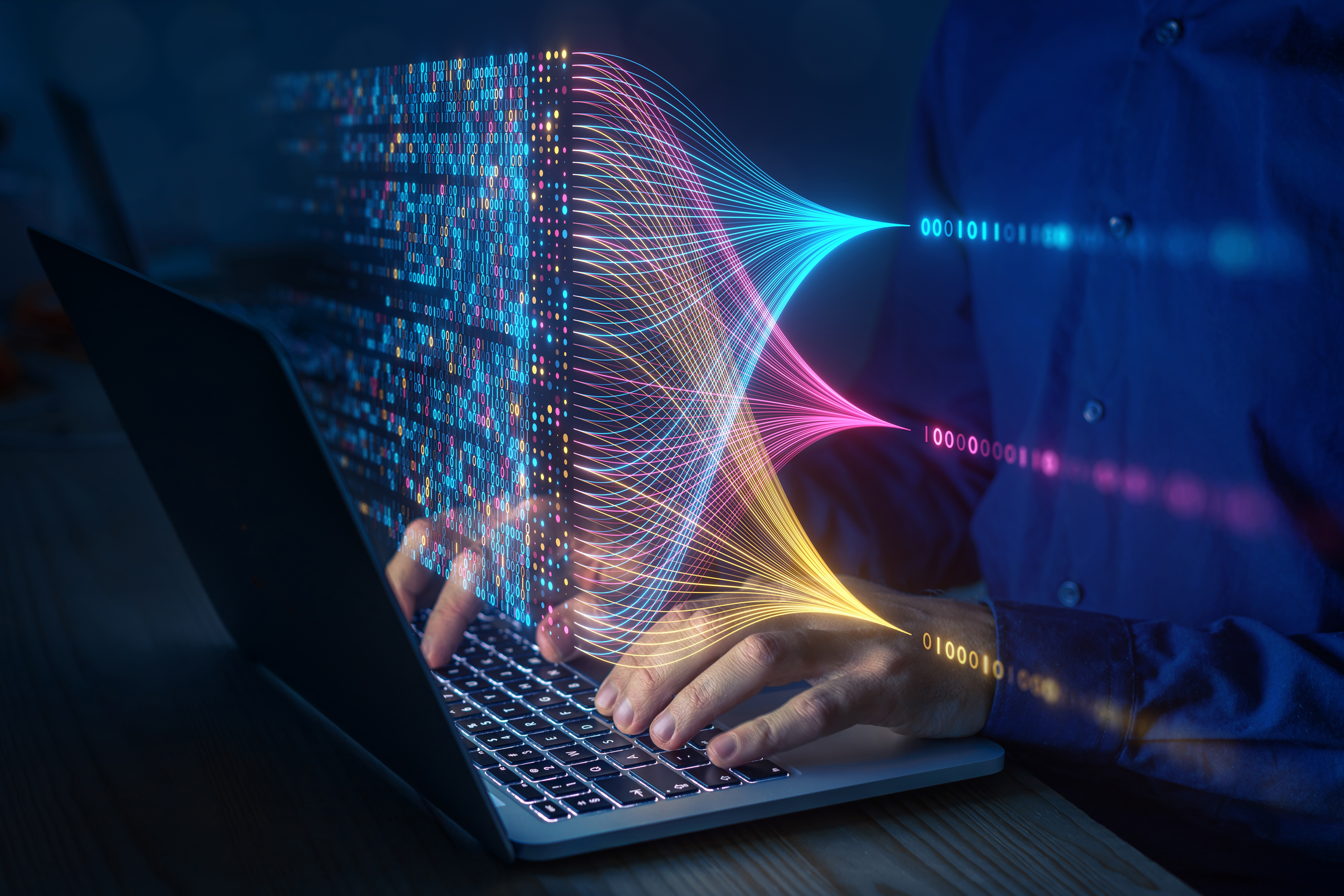
The advent of Artificial Intelligence (AI) has introduced a new era of technological progress, revolutionizing the working world. From ChatGPT to virtual assistants, AI has brought efficiency and innovation to the forefront.
AI is already incorporated into areas of ECPI University’s technology curriculum, and now students also have the opportunity to refine their skills through competitions.
Recently, students from the Greensboro campus took part in the TE AI Cup 2022-2023, a global competition focused on Artificial Intelligence. This prestigious event was organized by TEConnectivity, a renowned technology company specializing in the design and manufacture of connectors and sensors for various industries including automotive, industrial equipment, data communication systems, aerospace, defense, medical, oil and gas, consumer electronics, and energy.
The team’s participation was initiated by Development Manager Pam McMillan, with strong support from the members of the Greensboro Advisory Board. The student team received guidance from six TE
employees, as well as ECPI faculty members Dr. Ronnie Bolick and Dr. Walter Gilmore, who served as advisors.
“What a wonderful opportunity for our students to collaborate with the TEConnectivity engineers and other
students around the world,” said McMillan. “We strongly value our partnership with TEConnectivity. Because of this opportunity, each student further developed teamwork and problem-solving skills, and they were able to use their technical education and apply that knowledge to real life situations.”
Leading the team was Robert Rich, a dedicated cybersecurity student. We had the opportunity to conduct a brief Q&A with Robert regarding their project, which was televised worldwide this Spring.
-
How did you decide on the topic for your project?
Robert Rich (RR)
The topic was picked by TE based on the factory that we are located near. -
Explain your project, its findings, and how it can benefit TE?
RR
The goal of the project was to be able to automate and test every cable coming off a welding machine to see if it is good or bad. What was found is that there are correlations with the machines power and a bad weld. There was also a noticeable difference
between the distance the machine would travel. So, the deep learning model learns what a good weld is and how the good data looks so it can recreate what a good weld is and run the testing data to the good recreation. Whenever a data point is located outside of the acceptable threshold it records it as an anomaly. This model will be able to benefit TE by giving them the ability to test every part coming off the machine. -
What did you learn/gain from participating in this project?
RR
I gained a huge amount of knowledge in the way that AI models operate as well as
gaining the experience of manipulating data for an AI. This ranges from understanding what layer in the model does what to how to deploy the model in a program. -
What was the most challenging part?
RR
The most challenging part of this was figuring out the right method to solve the problem. This took months of research and trials just to figure out a proper model that could give me the answer that I was looking for. -
What do you think are the benefits of AI, and how do you see its role
in the future of industry?RR
AI can assist in doing redundant tasks and look accurately at items in production and ensure that they are ready for distribution. The future of AI is everywhere. We have chat bots that can now scour databases for answers, there is image recognition, voice
detection, and art. AI is rapidly expanding and does not appear to be slowing down.

